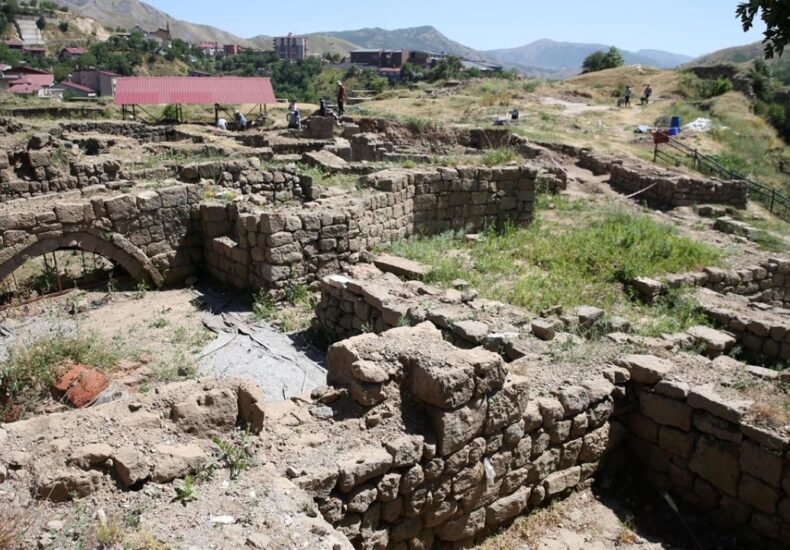
Archaeologists Discover Centuries-Old Prayer Tablet and Ottoman-Era Treasures in Eastern Türkiye
Archaeologists working at the historic Bitlis Castle in eastern Türkiye have unearthed a rare centuries-old prayer tablet along with Ottoman-era coins, ceramic fragments, an ancient water distribution system, and several graves. The discovery is shedding new light on the region’s diverse religious and cultural history.
The excavation, authorized by the Turkish Ministry of Culture and Tourism, is led by the Ahlat Museum in collaboration with Bitlis Eren University. The team includes 17 experts from various disciplines and is scientifically guided by Assoc. Prof. Dr. Yunus Emre Karasu from the Department of Art History.
Unique Prayer Tablet Reveals Religious Influence from the 16th Century
One of the most remarkable finds is a small clay prayer tablet, also referred to as a prostration seal, traditionally used by followers of a particular Islamic sect—Shia Islam (a major branch of Islam that holds the Prophet Muhammad’s family and descendants, especially his grandson Husayn, in special reverence). The tablet, dating back to the late 16th or early 17th century, is believed to have been crafted from sacred soil and features inscriptions of revered religious figures and a prayer known as “Nad-e Ali.”
📣 Our WhatsApp channel is now LIVE! Stay up-to-date with the latest news and updates, just click here to follow us on WhatsApp and never miss a thing!!
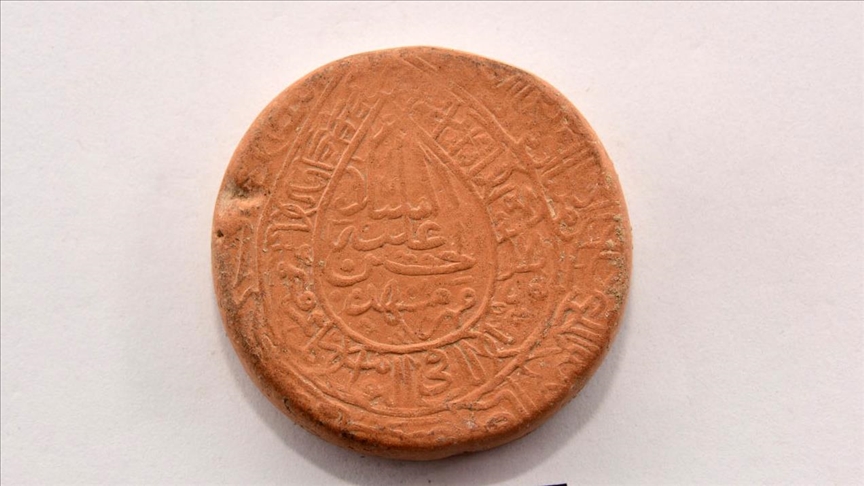
According to Professor Dr. Vural Genç from Bitlis Eren University’s Department of History, the artifact offers valuable insight into the spiritual life of the era.
“This seal is not only religiously significant but also culturally. Its presence in the palace section of the castle suggests it belonged to members of the ruling elite,” said Genç. “It also demonstrates the historical ties between Bitlis and the Safavid Empire during that period.”
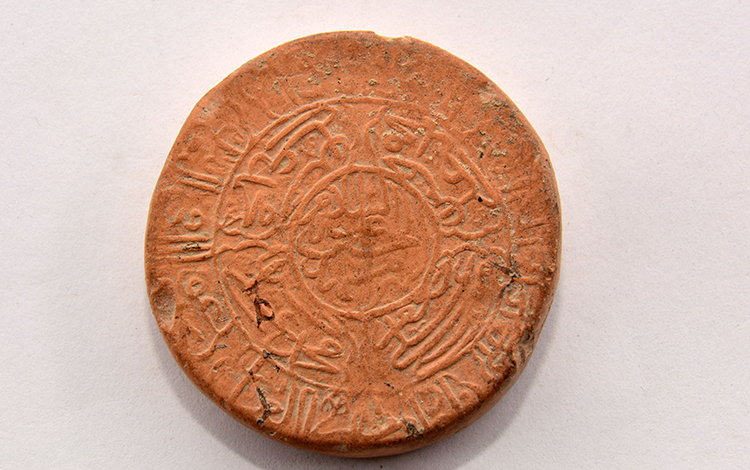
The tablet is thought to be used as a symbolic reminder of historical martyrdom during prayer, adding depth to the castle’s religious past. Only a few examples of such artifacts have ever been discovered in Anatolia, making this one especially rare due to its well-preserved condition.
Ottoman-Era Coins and Burials Uncovered
In addition to the prayer seal, the excavation team unearthed bronze coins from the Ottoman period, glazed and unglazed ceramic pieces, and an intricate underground water system consisting of terracotta pipes.
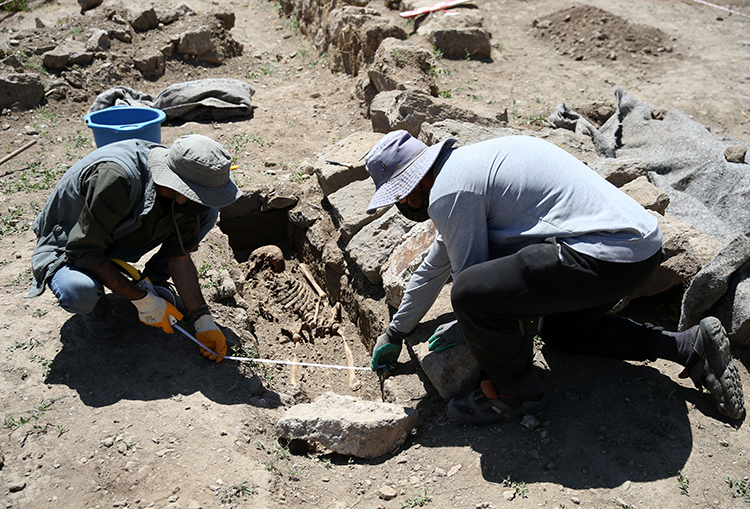
Archaeologist Erdoğan Ödük, who has worked on the site for eight years, shared details about the latest findings:
“We identified a late Ottoman burial ground on the eastern side of the castle. We also expanded our understanding of the hamam (Turkish bath) complex by revealing more of the water infrastructure and surrounding structures.”
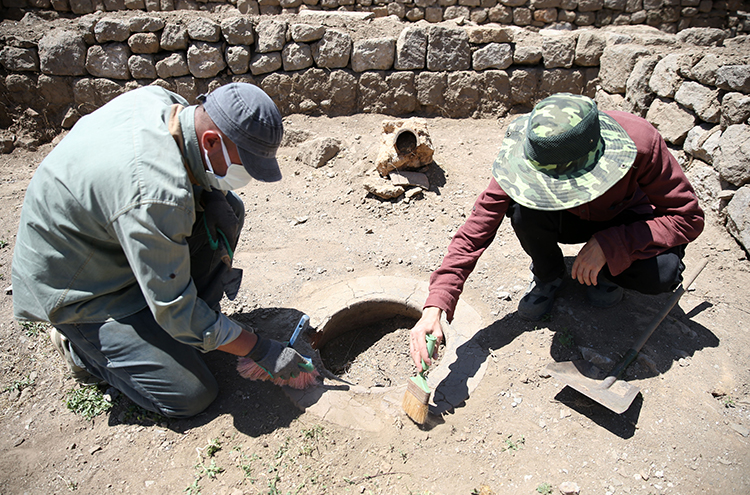
He added that all artifacts are first documented and preserved on-site before being cleaned, photographed, and analyzed in a lab. They are then stored under the protection of the Ahlat Museum Directorate.
Bitlis Castle: A Crossroads of Empires and Faiths
The ongoing excavation continues to prove that Bitlis Castle was more than a military stronghold. It served as a political and religious center where diverse cultural influences, including Ottoman and Safavid, intersected.
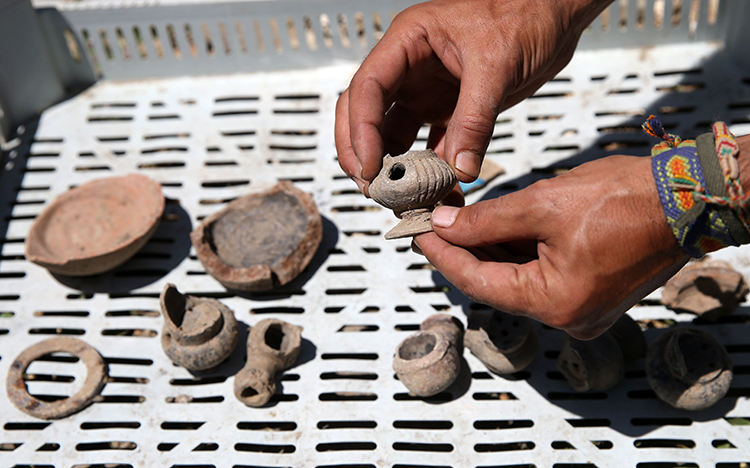
As archaeologists dig deeper into the layers of history, each artifact helps piece together the story of a region that once stood at the crossroads of empires, trade routes, and spiritual traditions.
You may also like
- A 1700-year-old statue of Pan unearthed during the excavations at Polyeuktos in İstanbul
- The granary was found in the ancient city of Sebaste, founded by the first Roman emperor Augustus
- Donalar Kale Kapı Rock Tomb or Donalar Rock Tomb
- Theater emerges as works continue in ancient city of Perinthos
- Urartian King Argishti’s bronze shield revealed the name of an unknown country
- The religious center of Lycia, the ancient city of Letoon
- Who were the Luwians?
- A new study brings a fresh perspective on the Anatolian origin of the Indo-European languages
- Perhaps the oldest thermal treatment center in the world, which has been in continuous use for 2000 years -Basilica Therma Roman Bath or King’s Daughter-
- The largest synagogue of the ancient world, located in the ancient city of Sardis, is being restored

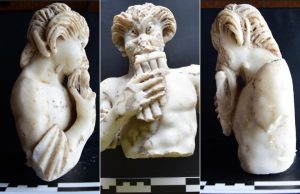
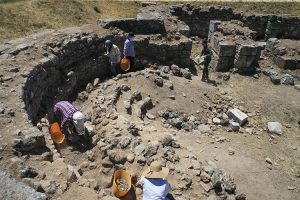
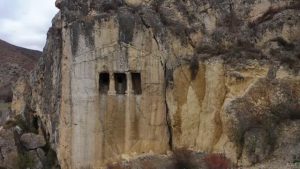
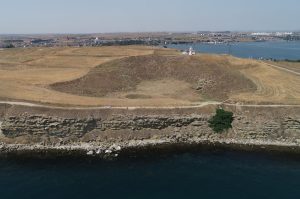
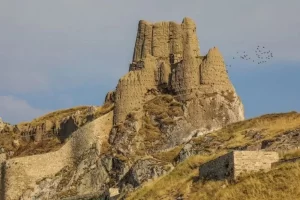
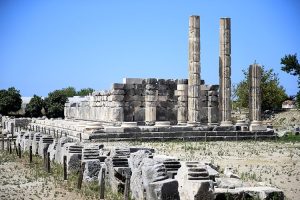
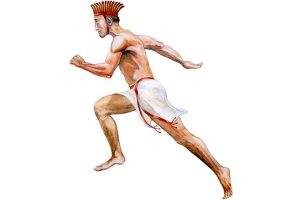

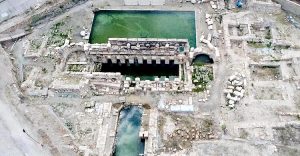
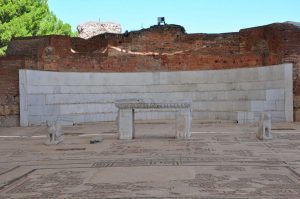
Leave a Reply